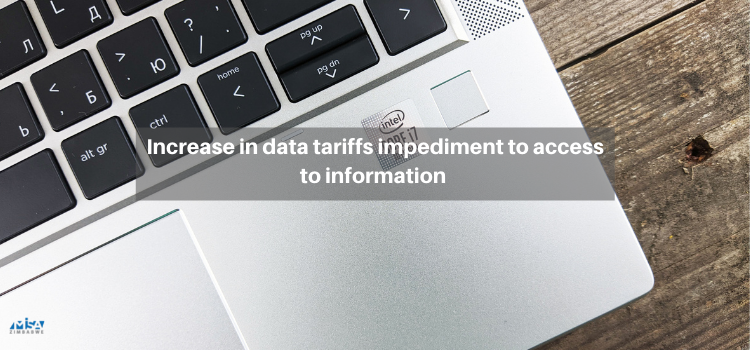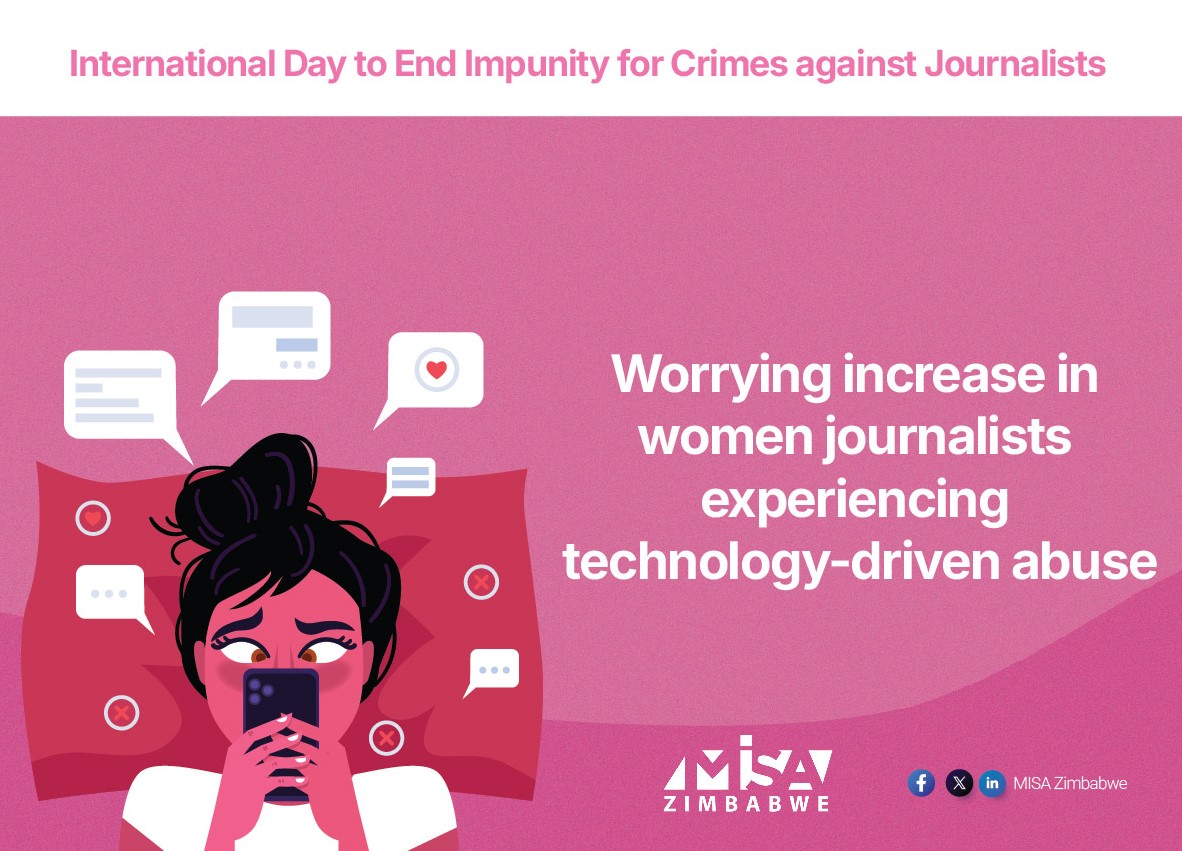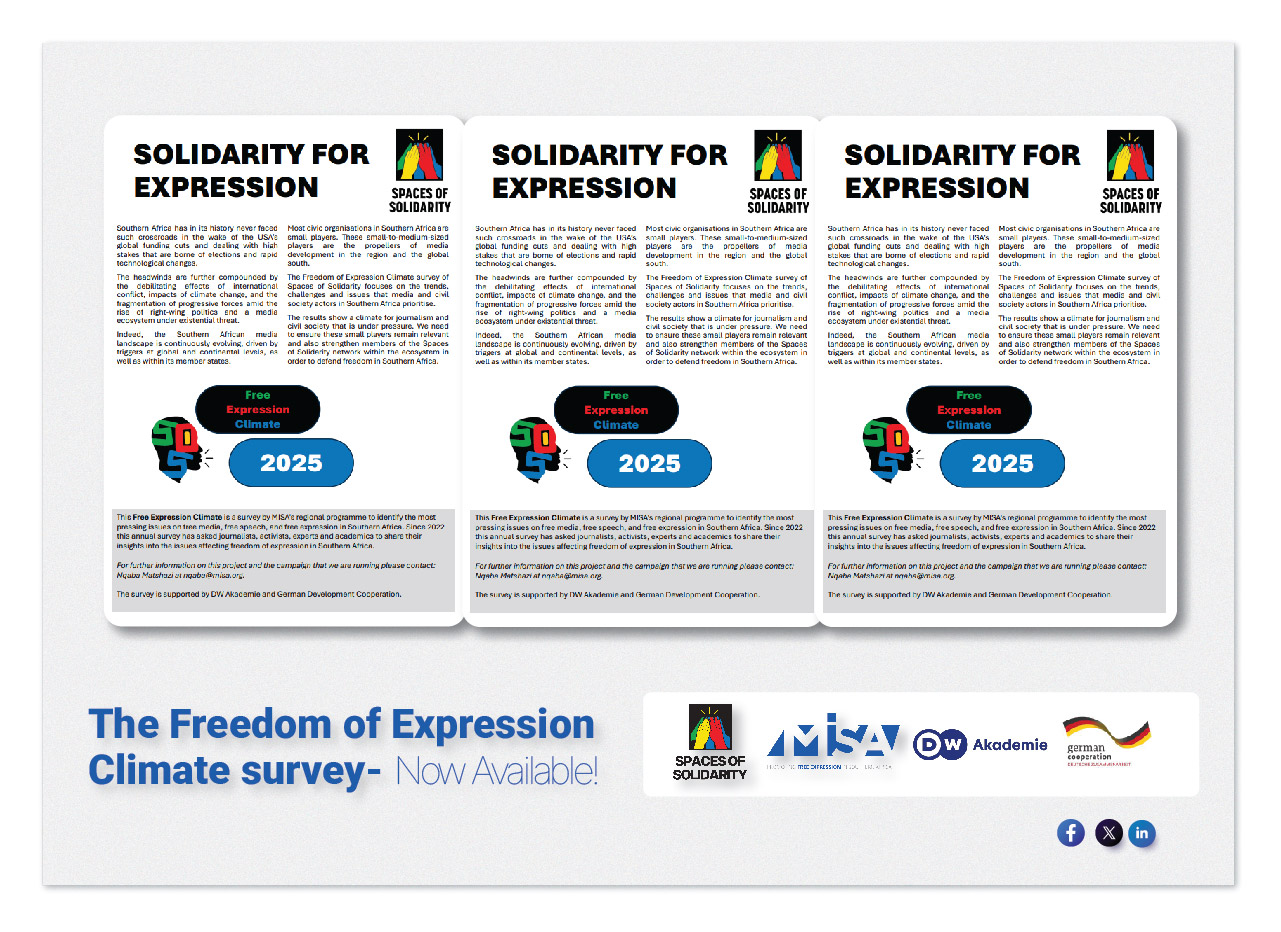The subject of internet access and affordability in Zimbabwe has been on the table for a while now and unfortunately, universal access for all is still far from reality.
This is despite the fact that the COVID-19 pandemic has exposed several inequalities that are existent in Zimbabwe where it concerns internet access and affordability.
At the backbone of this issue, is the disparities in income which are also tied to geographical locations. Low-income earners in Zimbabwe, some of them based in rural communities, cannot afford mobile data tariffs for internet access.
In September 2021, MISA Zimbabwe produced videos in partnership with Community-Based Organisations around Zimbabwe’s 10 provinces on the state of access to information in their communities during COVID-19.
Watch the videos on our YouTube channel
Unfortunately, one of the recurring issues was the aspect of internet access and affordability and how it continues to be an impediment to their access to information.
Despite the foregoing, mobile network operators in Zimbabwe continue to increase the prices for mobile data tariffs. On 19 October 2021, NetOne reviewed its monthly data packages as listed beneath;
|
DATA PACKAGE |
ZWL AMOUNT |
USD EQUIVALENT |
| 10GB | 3500 | 36.00 |
| 25GB | 5500 | 58.00 |
| 50GB | 8000 | 82.00 |
| 80GB | 10000 | 103.00 |
On 21 October 2021, Econet Wireless, also reviewed its Voice, Data and SMS bundle prices and below are the new costs for data:
| DATA PACKAGE | ZWL AMOUNT |
USD EQUIVALENT |
| 8GB | 3000 | 31.00 |
| 15GB | 4500 | 46.00 |
| 25GB | 5500 | 58.00 |
| 50GB | 8500 | 88.00 |
From the above prices, what is very clear is that internet access is beyond the reach of many, yet it is crucial for e-learning, marketing purposes, access to COVID-19 related information and the performance of other sectors, including the media, in seeking, receiving and disseminating information.
Contrary to sentiments that Zimbabwe’s prices are actually lower than in many other countries in the region, Zimbabwe’s prices are actually higher from a contextual perspective.
Read: Internet access and affordability in Zimbabwe
Read: The affordability test of Internet access in Zimbabwe
Unlike other countries that are using their own currencies, Zimbabweans are largely transacting in United States dollars at a time when the general cost of living is actually high.
According to the ZIMSTATS’ latest poverty statistics released in September 2021, an average family needs ZWL 28 405.98 (USD293.00 at official rate) per month for food, yet the average monthly income is USD75.00. Internet access then becomes a luxury.
Appreciating the prevailing realities of the consumers is quite critical especially where it pertains to internet access, which as it stands, only an elite few can afford.
This does not take away the prevailing economic realities that players in the telecommunications industry are facing hence the need for realistic interventions that strike a balance between business and human rights.
This includes facilitating infrastructure sharing in the telecommunications industry and reviewing policies to ensure that there is the ease of doing business as well as a conducive environment for new players.
Conclusion
The digital age, ICTs revolution, digital economy, digitalisation, digital migration among others, are all too familiar terms and aspects that individuals, policymakers, businesses and organisations interact with on a daily basis.
This is an indicator of how technology and the internet continue to shape critical aspects such as education, banking, access to information, and the purchase of goods and services, among others.
Be that as it may, internet access and affordability in Zimbabwe remains a critical issue that needs to be addressed particularly for purposes of promoting universal access to the internet for all. More so, for purposes of promoting digital inclusion.
The continued increase in prices of data tariffs is widening the digital divide hence the need for urgent interventions.
Policymakers, consumers, private companies, civil society organisations and the regulator should have meaningful, truthful and open conversations on this issue.
This will not only be for purposes of understanding business or human rights perspectives, or the policy perspective but to ensure that a clear roadmap is in place as we move forward as a nation.













